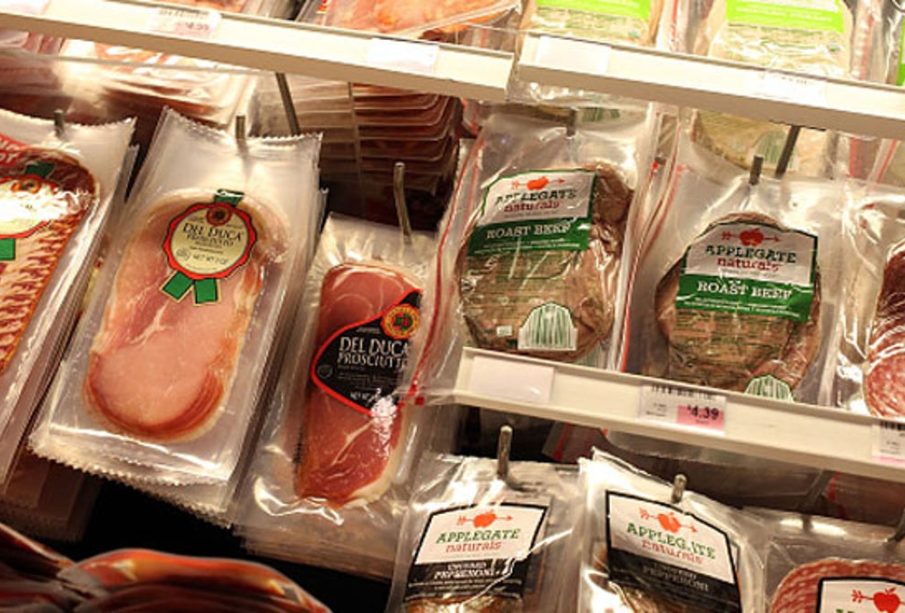Understanding Processed Meats: Health Implications and Trends

The Importance of Processed Meats
Processed meats have become a staple in diets around the world, known for their convenience and flavor. From hot dogs to deli meats and bacon, these products provide quick meal options but also raise health concerns that continue to spark debate. With approximately 70% of all meat sold globally being processed, understanding the implications of processed meats on health is vital for consumers, policymakers, and health professionals.
Health Concerns
Recent studies have suggested a link between high consumption of processed meats and increased risks of various health issues, including heart disease, certain cancers, and obesity. According to the World Health Organization (WHO), processed meats are classified as a Group 1 carcinogen—meaning there is sufficient evidence to conclude they can cause cancer, specifically colorectal cancer. This classification has led to heightened awareness and caution among health advocates and the public alike.
For instance, a 2022 study published in ‘The American Journal of Clinical Nutrition’ found that individuals consuming more than 50 grams of processed meat daily had a 18% higher risk of developing certain forms of cancer compared to those who consumed less than 20 grams weekly. Additionally, the high sodium and saturated fat content in many processed meats can contribute to cardiovascular diseases, prompting a recommendation from health experts to limit intake.
Current Trends in Consumption
Despite known health risks, the consumption of processed meats continues to rise, with demand particularly strong in rapidly developing economies. A 2023 report from IBISWorld indicates that the global processed meat market is expected to grow by over 5% annually over the next five years. This growth can be attributed to busy lifestyles and the increasing popularity of convenience foods.
However, there is also a growing shift towards healthier alternatives. The market for plant-based and meat alternatives is booming, with products designed to mimic the taste and texture of processed meats without the associated health risks. Companies like Beyond Meat and Impossible Foods are leading this trend, as consumers become more health-conscious and environmentally aware.
Conclusion
In summary, while processed meats offer convenience and are a popular choice among consumers, their health implications cannot be overlooked. As awareness of these health risks grows, the industry faces pressure to reconsider production methods and develop healthier alternatives. The trending shift towards plant-based diets signals a potential decline in processed meat consumption, making it crucial for consumers to stay informed and make conscious dietary choices. Therefore, keeping abreast of new research and trends is vital for making healthier lifestyle decisions in the context of processed meats.


